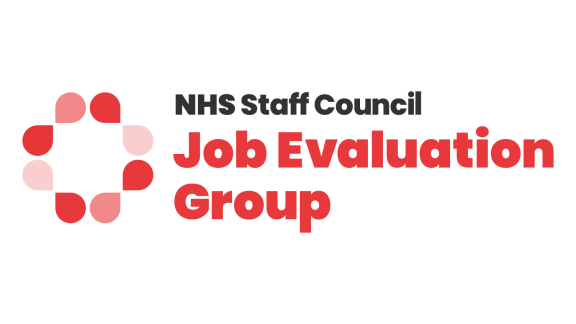Agenda for Change pay deal - non-pay commitments update

The Agenda for Change (AfC) pay deal, agreed last year between government and the NHS Staff Council, included a number of non-pay commitments. The joint chairs of the AfC deal implementation programme board have issued a statement updating on the non-pay commitments.
This web page provides an update on these commitments, covering:
- details of the AfC deal
- the non-pay areas to support staff
- what progress has been made
- next steps.
What was the deal?
The deal consisted of three elements:
- a 5 per cent consolidated pay increase for 2023/24 (and an increase of 10.4 per cent at the bottom of the pay scale)
- additional non-consolidated payments for 2022/23, worth between £1,655 and £3,789 (WTE) for AfC staff. These payments were equivalent to between 3.5 per cent and 8.2 per cent of 2022/23 basic pay.
- a commitment to work on a series of ten non-pay areas aimed to support the NHS workforce.
What are the non-pay commitments to support staff?
The ten non-pay commitments complement the ambitions that are set out in the NHS Long Term Workforce Plan and include looking at ways to improve retention and career development of the NHS workforce. Many of these workstreams involve producing recommendations for government ministers to consider.
Each workstream is being led by either the NHS Staff Council, the Department of Health and Social Care (DHSC) or NHS England (NHSE). A partnership approach is being taken across all the workstreams, and all key national stakeholders have important roles in contributing to the delivery of each area.
A dedicated programme board, jointly chaired by DHSC and the NHS Staff Council chairs, was set up in August 2023 to oversee progress of the non-pay workstreams and ensure they were being delivered as agreed in the deal.
What progress has been made?
The following areas have been completed:
- Changes have been made to the NHS Pension Scheme regulations to ensure that staff with ‘special class status’ can retire and return to work in the NHS without the previous limits on how much work they can do when they return. These changes came into effect from 1 April 2024, and the government’s consultation document contains further information about the changes.
- Changes have been agreed to the NHS Terms and Conditions of Service (TCS) Handbook to support the preservation of pay for existing NHS staff that develop their careers through apprenticeships. These amendments will be effective from 1 July 2024. Further information will be available soon.
What happens next?
Work will continue to progress over the coming months, and we are expecting the majority of the working groups to finalise their recommendations between now and summer 2024. These recommendations will then be put forward to ministers for consideration.


